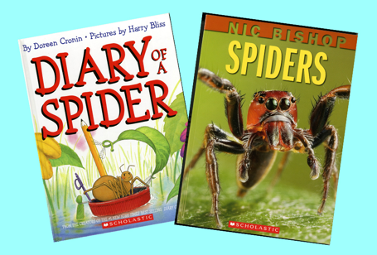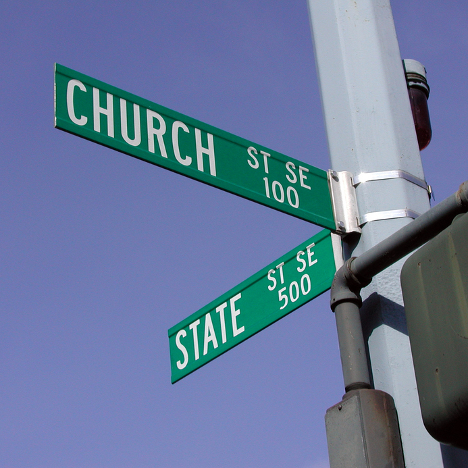What do you notice when you visit someone’s home for the first time?
It’s not a trick question. It’s a reminder that first impressions are indelible and shape our perceptions. Do you focus on the décor? Lifestyle? Art? Floor coverings? Kitchen smells? Toys, or something else?
The first thing I notice are books – or their absence. If there are none I get suspicious. If people don’t read I wonder where their ideas come from or whether they have historical perspective on the present? If books are in evidence I imagine a narrative about their owners. Are there lots of them? Are they mostly fiction? Hardcover? Paperback? How are they displayed? Are they new or do they look like college leftovers? All of these things tell me something about the lives of their owners.
 I was an early but not an avid reader. Ellen Smith, my high school English teacher, helped change that and I was reminded of her last week as I blogged about Hemingway.
I was an early but not an avid reader. Ellen Smith, my high school English teacher, helped change that and I was reminded of her last week as I blogged about Hemingway.
She would scold me mercilessly if she knew that my treasured 1952 edition of The Old Man and the Sea bears the Roosevelt High School Library stamp and shows a due date of January 4, 1955. I nicked it and by my calculation, at 5 cents a day (the 1955 overdue book rate) excluding interest, I owe roughly $1095 in library fines. I vow to settle that debt with a donation to the RHS Foundation, and it will be worth every penny because The Old Man and the Sea and Grapes of Wrath, were my introduction to literary fiction and the world of literature. Ellen Smith I love you. Maybe now you can RIP. I will make it up to you.
While my love affair with books was born in high school it grew significantly when Professor Sophus K. Winther walked me through War and Peace in a college literature class and changed the vector of my college experience. Together, Mrs. Smith and Dr. Winther cultivated in me a lifelong passion that has brought an astonishing amount of pleasure and information.
I am hooked on books. I’m vulnerable and impressionable around them. I almost never pass a Bargain Books table or leave a bookstore empty handed. I’m embarrassed to say it I don’t read all of them but my intentions are good. I might buy one because its subject is something I want to know more about, the author is someone I admire, or because I remember an admiring review in the New York Times Book Review. It doesn’t matter. I’m hooked.
Lucky for me my wife feels the same. In fact, she reads more and faster than I do, but we share a love of books. We own Kindles and our smart phones have Audible and iBooks apps but we both think there is nothing like the real thing – hardcover or paperback. It’s sensual; the feel, look, and smell of a new book invite a communion with the author that the devices can’t. When we travel we compromise in order to save space and weight, and often an Audible book read by the author provides an unusual insight into its meaning. I’m thinking of H is for Hawk which we listened to in Rome this spring, but when possible we both prefer the feel of the hard cover, the look of the typeface and smell and sound as the cover is opened for the first time.
I don’t read Romance novels (and neither does M) but I devour thrillers – the male version of brain candy – and other interests run the spectrum from literary fiction, to art, history, politics, philosophy and sports. I don’t keep all the books I buy, but I keep all those I think have enduring value or are personally meaningful. These “savers” are an important part of the interior decoration in our home.
The world is full of book lovers. I meet them all the time, seated on the floor of independent bookstores, drinking lattes at Starbucks, browsing Bargain Book tables, asking questions at author readings, enrolling in writer’s workshops, and picking through used books at yard sales. On January 20, 2016 Seattle will have a new place for book lovers to congregate and celebrate.
Folio: The Seattle Athenaeum is the latest creation of literary entrepreneur and gadfly David Brewster. David is a former Seattle Times journalist who left the mainstream in 1976 to found Seattle Weekly, a freely distributed alternative newspaper. In 1999 he was the driving force behind the transformation of Town Hall from a Christian Science Church to cultural forum. In 2007 he started Crosscut, a non-profit journal of informed opinion on politics, culture, and technology, and now in 2016 comes Folio, located in dedicated space in the downtown YMCA building at the corner of 4th Avenue and Marion Street.
Mr. Brewster describes this latest endeavor as “a gathering place for books and the people who love them.” Its aim is to be general-interest library and cultural center. Its mission is to promote and deepen public appreciation of the literary arts through the preservation of book collections, a circulating library, book-related cultural programming, and workspaces for writers and others.
Folio is a member-supported nonprofit that offers a range of membership levels so that all book lovers can enjoy its facilities. The general public is welcome and non-members may access the collection on line, read books at the library, and attend Folio’s programs with some restrictions. At an open house last week we saw several large rooms taking shape with bookcases full of donated books, large tables with electrical connections, and corners with comfortable chairs arranged for quiet conversation.
Of course there are other places to write and share an interest in books. For the past three years I have experimented with spaces and places to read and write, mostly libraries and coffee shops, but none of them offer the combination of good workspace, economy, and community that Folio promises. There are other shared co-working environments, more all the time, that offer space for a fee. This month Seattle Magazine’s Essentials column features two new ones, The Cloud Room and Coterie Worklounge, that are clubby membership spaces with bars and cafés onsite, but at $300 and $160 per month respectively they are pricey. The same is true for the simpler workspaces at “The Office” at Ada’s Technical Books, but again, at $20/day is expensive. The $125 Folio membership promises access to work areas, a library, and reading rooms for a year.
Kurt Vonnegut invented the term “karass” in Cat’s Cradle to identify “a group of people linked in a cosmically significant manner even when superficial linkages are not evident” (Urban Dictionary). It’s Vonnegut’s way of saying we all seek community. Folio’s mission is to create a “community of the book” and it may very well be my next karass.
How fabulous!
Now – let me see what’s in your bookcase.
Check out Folio at: http://www.folioseattle.org/#!learn-more/cp7y


































Excellent, what a web site it is! This website provides valuable facts to us, keep it up.